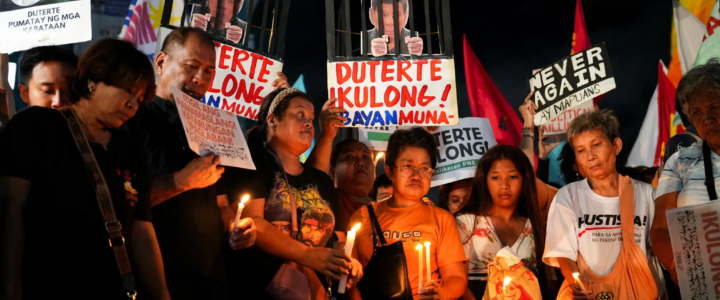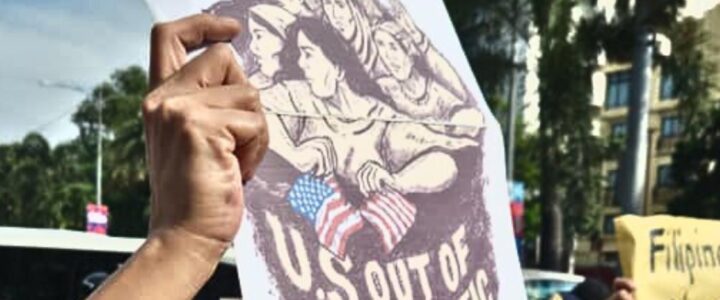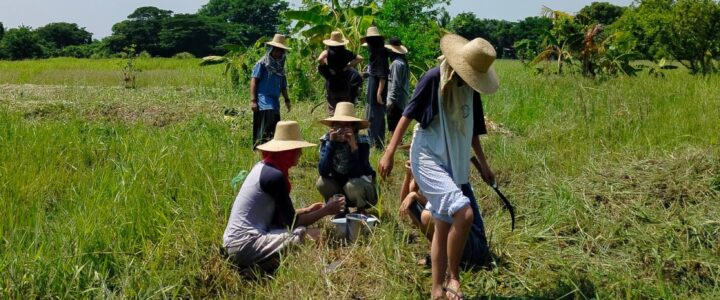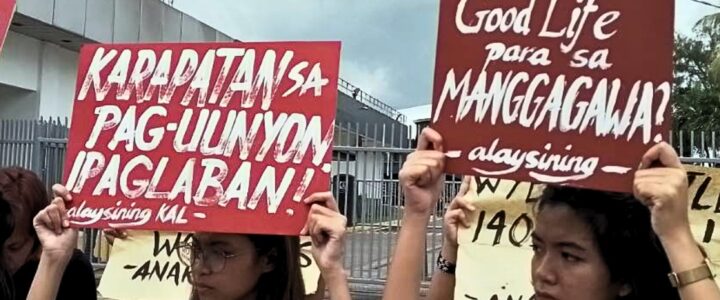The Center for Women’s Resources (CWR) welcomes the arrest of former President Rodrigo Duterte over crimes against humanity as an initial victory for Filipino women and the people. For years, we have demanded justice for the countless victims of the war on drugs—many of whom were poor, including women and children.
Based on CWR’s monitoring, from July 2016 to October 2017, at least 120 women and girls were killed in the bloody war on drugs. Thousands of mothers, wives, sisters, and daughters have also been left to bear the brunt of state-sponsored violence.
From the onset of the brutal campaign, CWR has emphasized that the policy is anti-poor. It targeted suspected drug users in impoverished communities instead of addressing the root causes of the problem. The campaign led to thousands of deaths among the poor. Meanwhile, big drug lords continue to evade arrest. They operate freely as the spread of illegal drugs still persists.
Alongside the brutal war on drugs, the Duterte administration also carried out extensive human rights violations and targeted political opponents and communities resisting its anti-people policies and programs. Thousands have fallen victim to illegal arrests, enforced disappearances, and extrajudicial killings, even during the COVID19 pandemic. From July 2016 to June 2022, there were 422 cases of political extrajudicial killings, 66 of the victims were women.
Misogyny was also rampant during Duterte’s term. Between 2016 and 2018, CWR documented at least 30 misogynistic statements made by the former president. These included derogatory remarks about women, rape jokes, and offensive comments aimed at political opponents and critics.
Duterte’s arrest offers some relief to the thousands of women whose rights were violated under his rule. It stands as a testament to the power of people’s persistent calls for justice and accountability. It shows that when oppressed people come together and keep fighting, victories are possible.
However, we recognize that this is not the final victory. While Duterte’s arrest is a step forward, we urge everyone to remain steadfast in the fight to ensure his full accountability, including his co-conspirators, who must also face trial at the ICC. At the same time, we must combat the rampant spread of misinformation, disinformation, and fake news—tools that perpetrators use to distort the truth, manipulate public perception, and justify repression. Countering these tactics is crucial to our collective struggle for justice and accountability.
We also urge everyone to remain vigilant, as human rights violations continue under the Marcos Jr. administration. It upheld the Duterte administration’s repressive state policies and apparatus such as the Anti-Terror Law, using terrorism financing charges, and the NTF-ELCAC, to suppress women’s and people’s rights to freedom of expression and organization.
Finally, we call on the international community and all Filipinos to continue demanding accountability to ensure that justice will prevail.
Justice for the victims of Duterte’s crimes! End impunity – hold all perpetrators accountable! #
Duterte’s arrest is an initial victory for Filipino women and the people!





